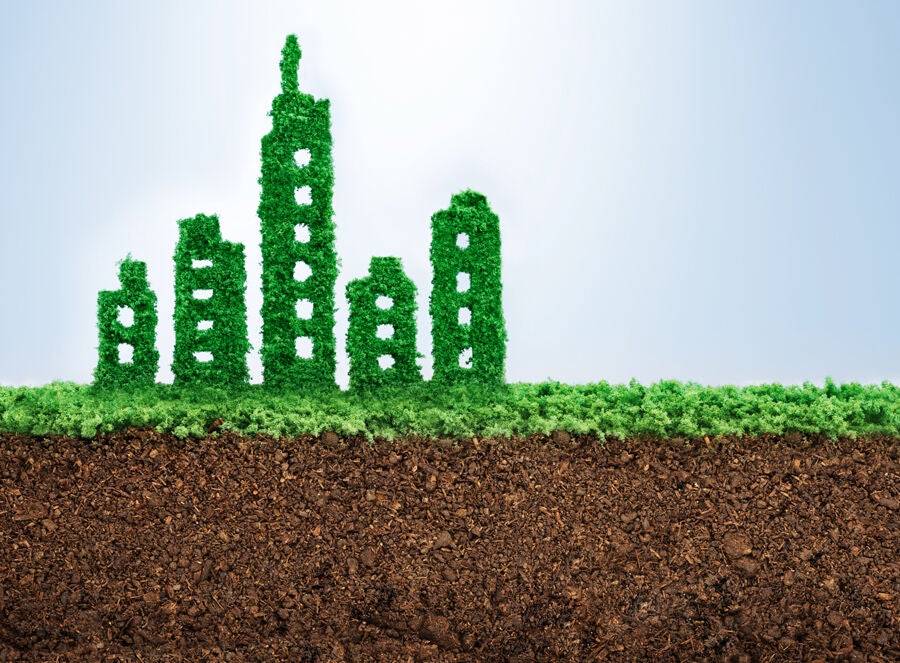Housing preferences in 2025

Informed by the experience of COVID-19, the Kiwi psyche and residential property preferences are set to experience a seismic shift as we reassess priorities around work, family and leisure. Bayleys property reporter Katharina Charles investigates just what housing may look like in the year 2025.
Previously sandwiched somewhere between the 60s cartoon ‘The Jetsons’ and George Orwell’s classic novel 1984, our expectations of life in the future are set to be irrevocably impacted by the effects of COVID-19.
Touching everything from industry to interconnection, the global coronavirus pandemic has not left a single sector undisturbed, forcing change the world over to the way we do business, the way we travel and New Zealand’s $55 billion residential property industry.
**Working from home **
The forced closure of non-essential businesses across the world as more than 48 countries have entered a partial or full lockdown phase has seen employers scramble to equip workers with the necessities to work from home including network access, software, desks, screens and supplies.
While recent years have seen greater investment into employee health and productivity by the introduction of flexible hours and the creation of more agile working environments, the sheer scale of employees working from home during the pandemic is poised to set a new normal where more workers that can work from home, will work from home, permanently.
Despite being driven by efforts to limit the spread of COVID-19, the idea of working from home similarly captures the essence of popular social movements including efforts to curb climate change by way of easing transport pollution and the shift toward better work/life balance.
As workers seek the flexibility to transition between business headquarters and the home office, the new normal will lead to a greater demand for properties featuring space for the home office, a study nook and flexible living areas that can be utilised as temporary business bases where and when necessary.
**Land and proximity **
The extreme measures taken to curb the spread of COVID-19 have rendered New Zealanders housebound and, in many cases, stir crazy.
Feelings of isolation and claustrophobia may serve as incentive for homeowners to seek housing with more land and space for the family, while the desire to reside in communities neighbouring beaches and parks may become stronger than ever.
Likewise, we could see a growing appetite for rural property as the threat of another future virus outbreak gives cause to shift toward a more self-sustaining, off-the-grid lifestyle.
Under New Zealand’s level four lockdown, there has been a phenomenal increase in the presence of families walking around their neighbourhoods, enjoying local parks and partaking in contactless physical exercise, which will encourage more value placed upon proximity to green spaces, natural attractions and amenities.
As more of the population stays local, there will be a flow-on effect for neighbourhood businesses such as cafes, retailers and other services which have the potential to create more desirable communities and greater demand for housing in those areas which are well-serviced by local businesses.
Downsizing
As our economy works through the anticipated recession, expected to cause more than 200,000 job losses across the country, some financial situations will be reassessed as homeowners look to minimise their financial risk by downsizing homes and freeing cash flow by the sale of investment properties.
This could have an interesting off-shoot, providing a welcome boost to the rental market as investments previously utilised as short-term accommodation through platforms like Airbnb are offered for sale or added back to the long-term rental pool.
While fiscal stimulation by the Reserve Bank of New Zealand (RBNZ) and the Government has gone a long way to keep more Kiwis employed and, in their homes, some forced home sales are inevitable.
This, coupled with the construction hiatus and a housing shortage in our main centres has the potential to drive demand for more affordable housing developments, apartments and units.